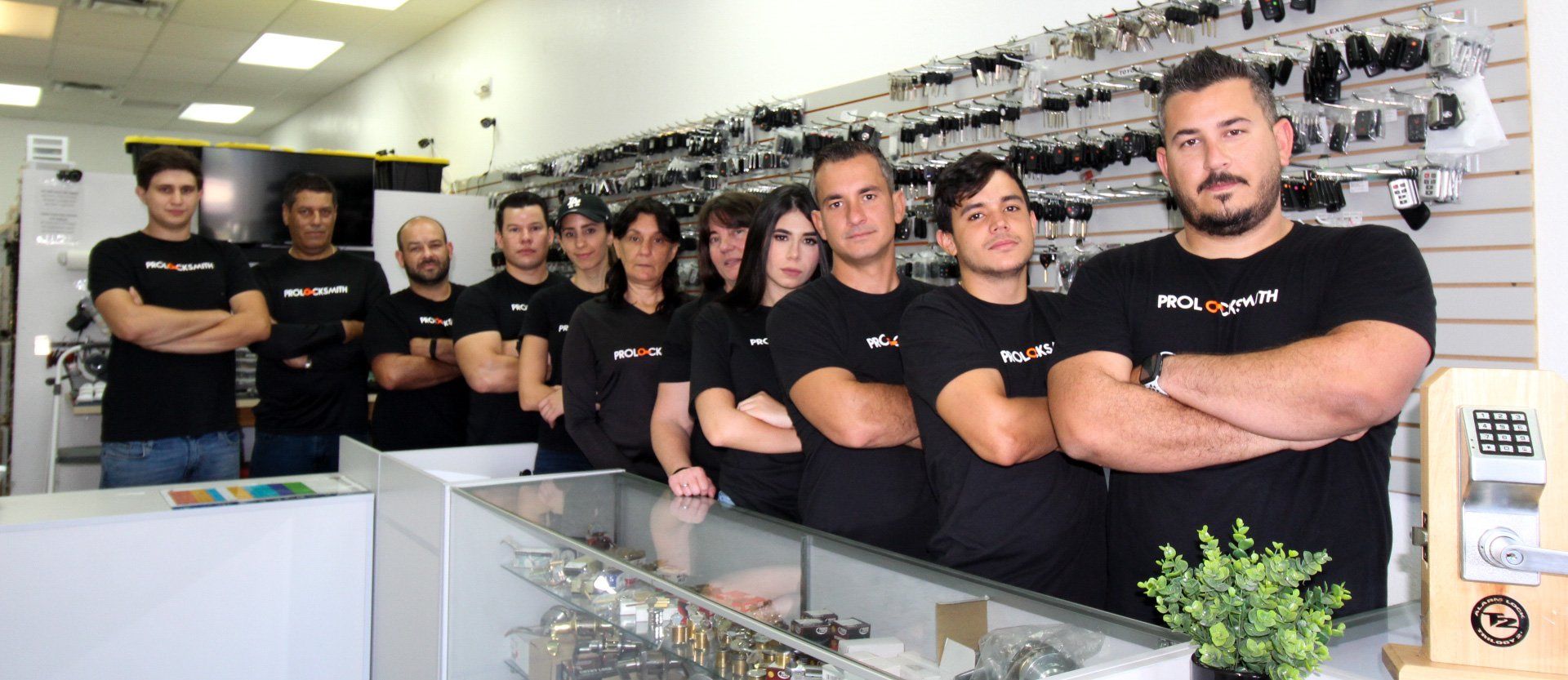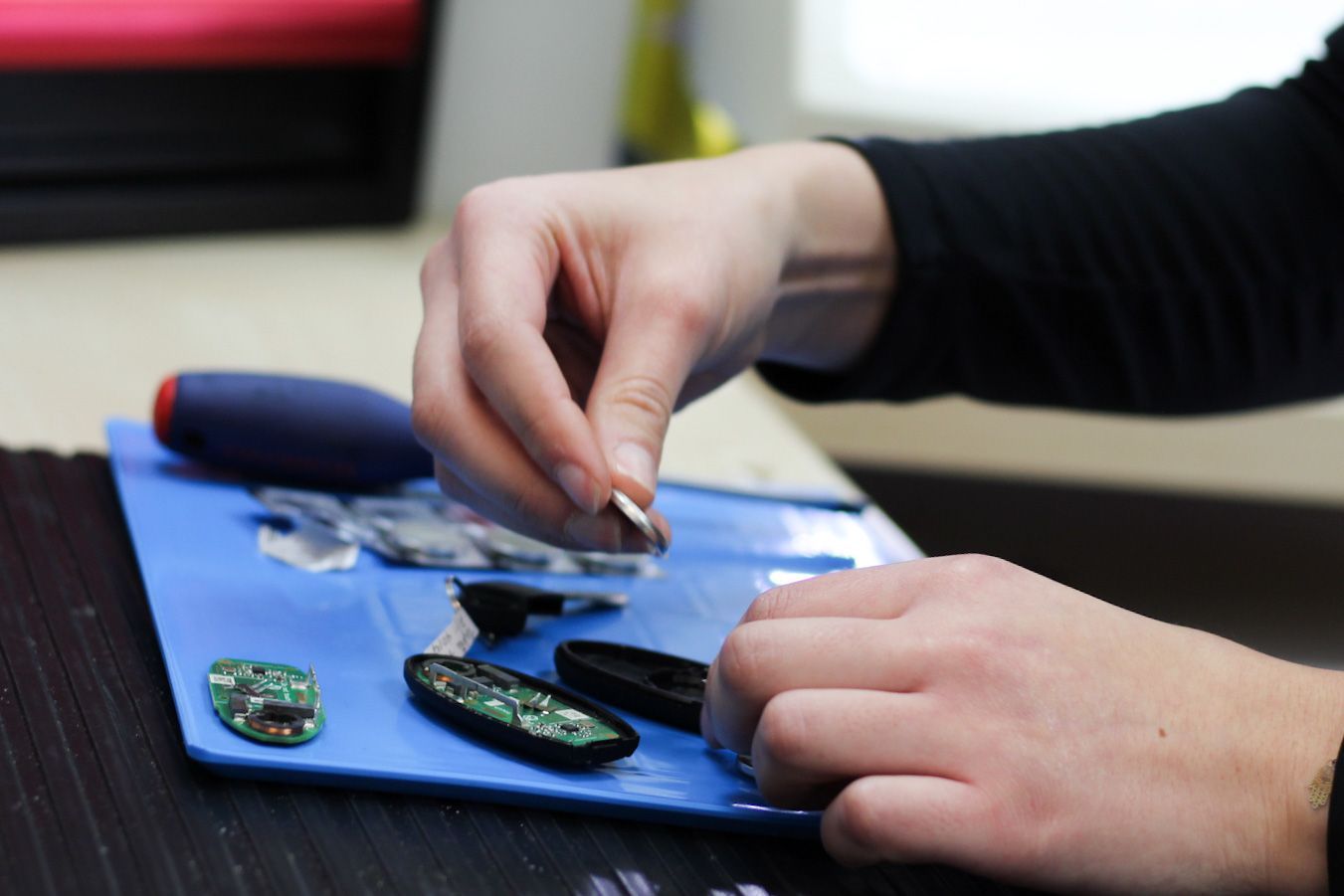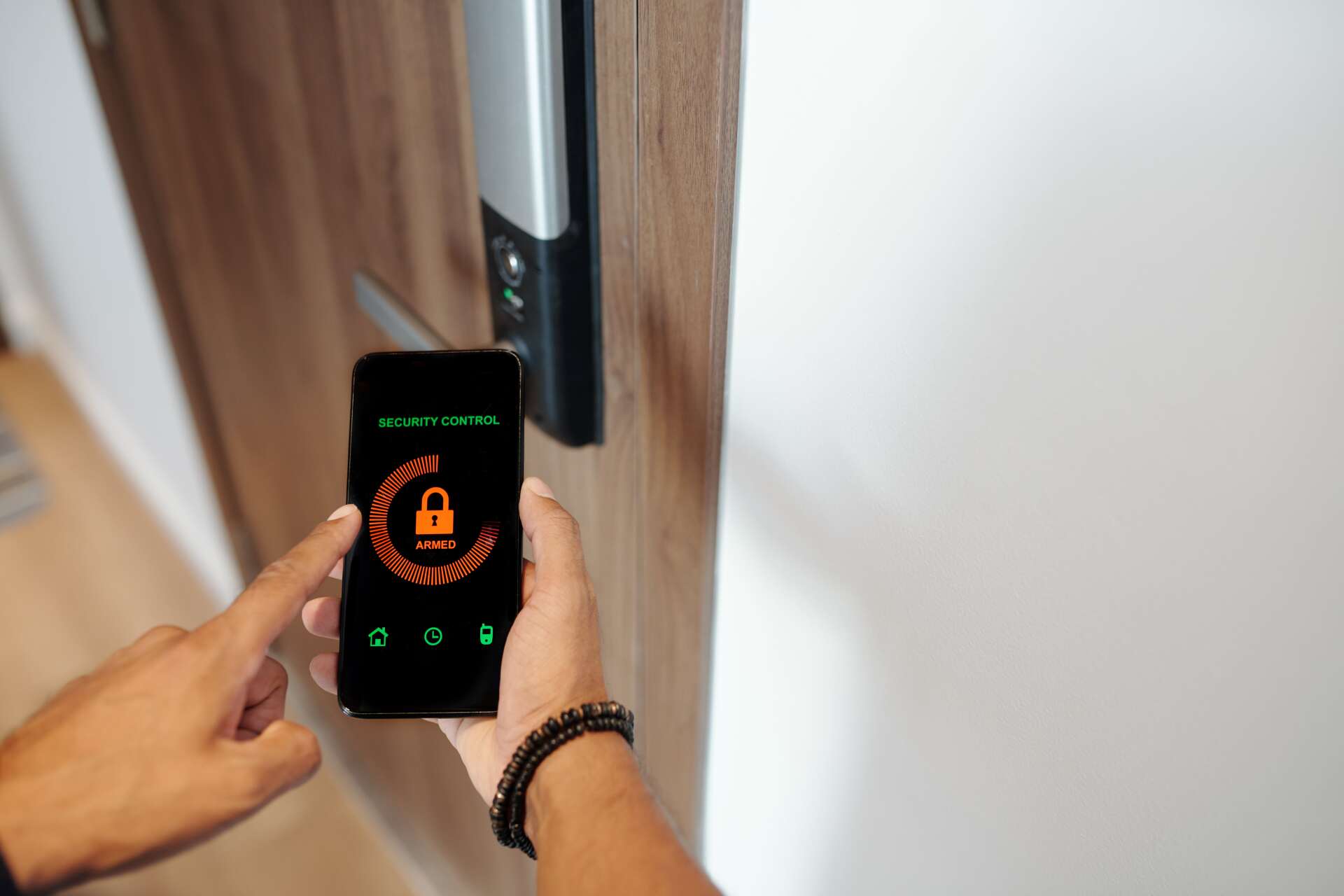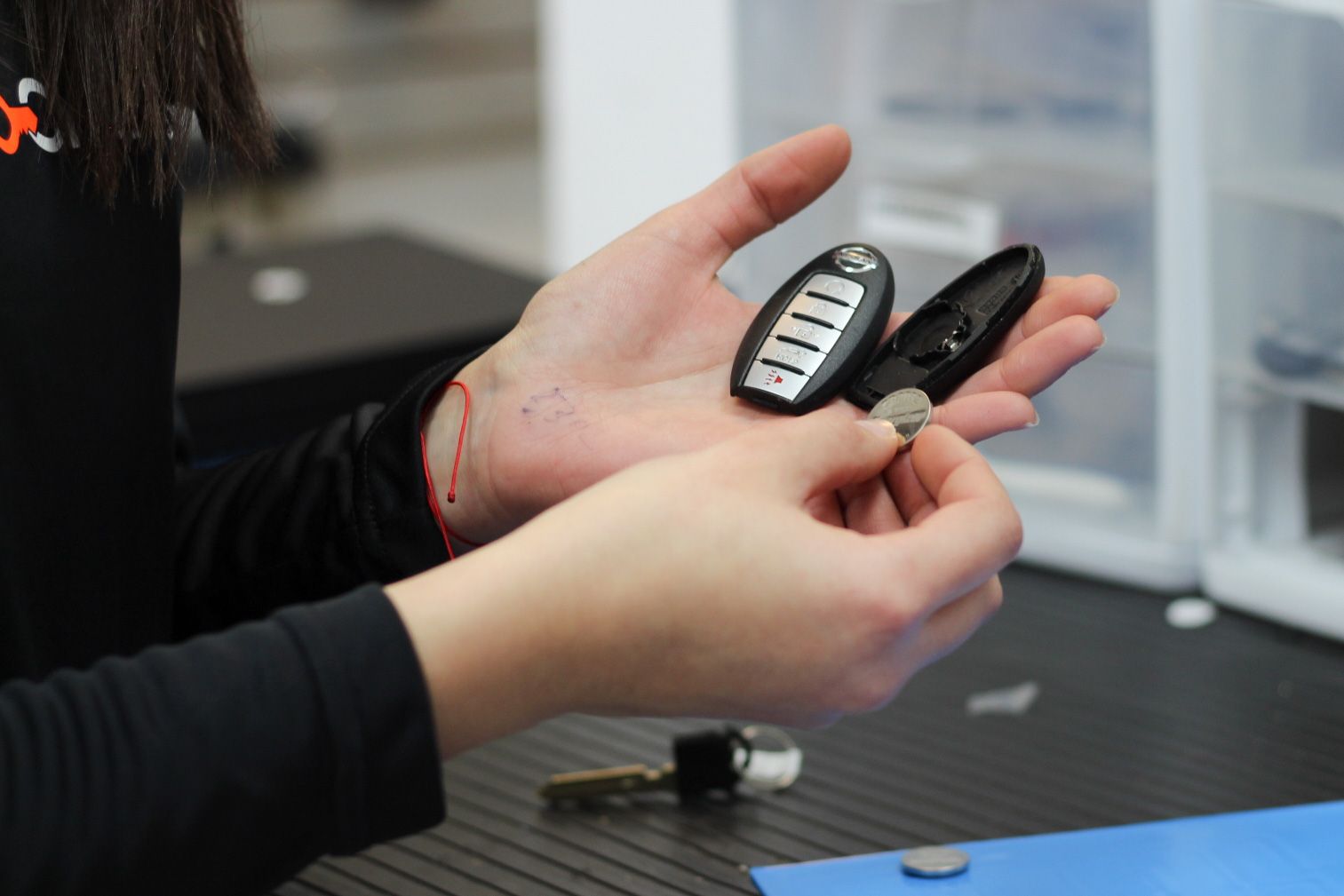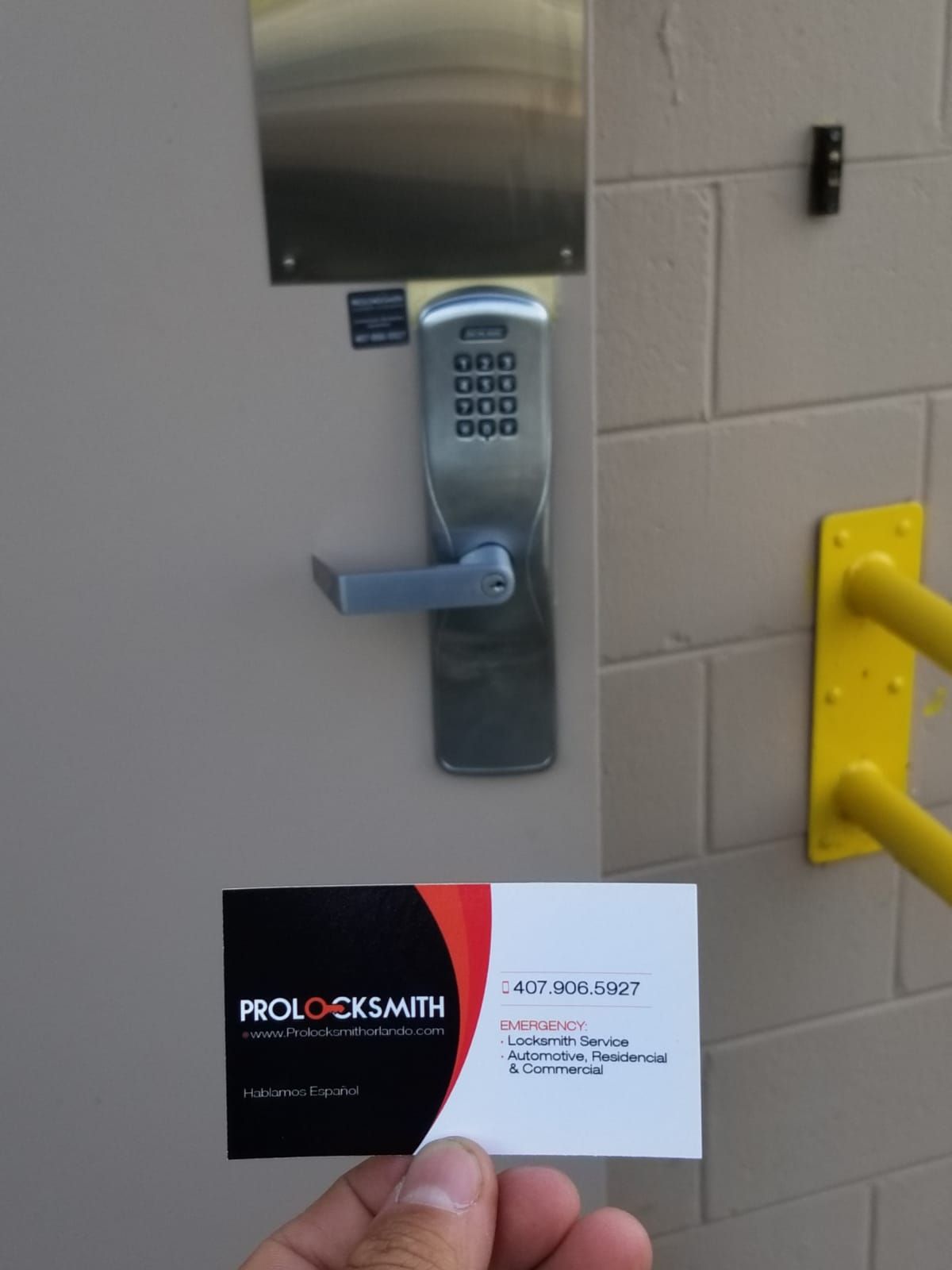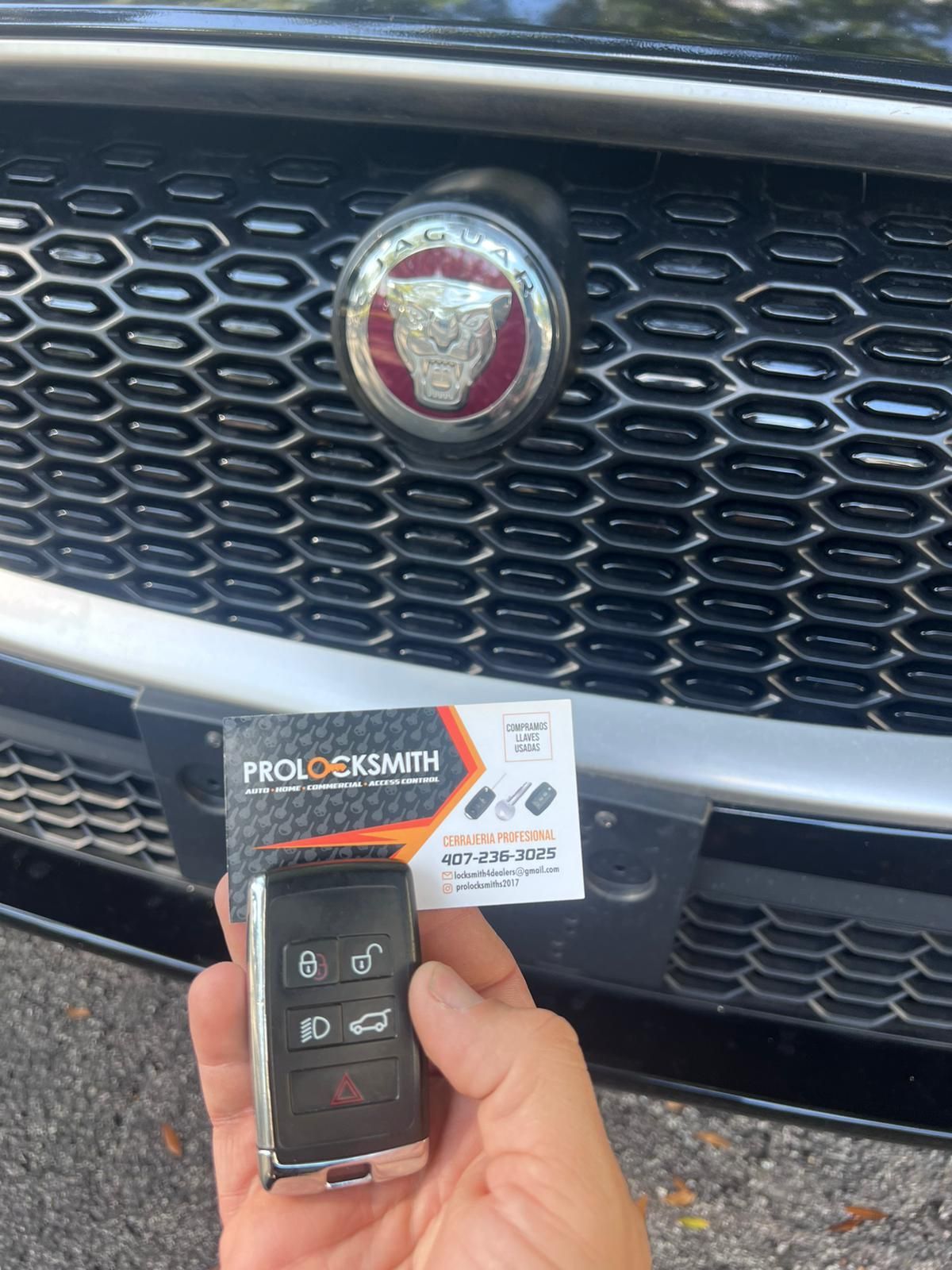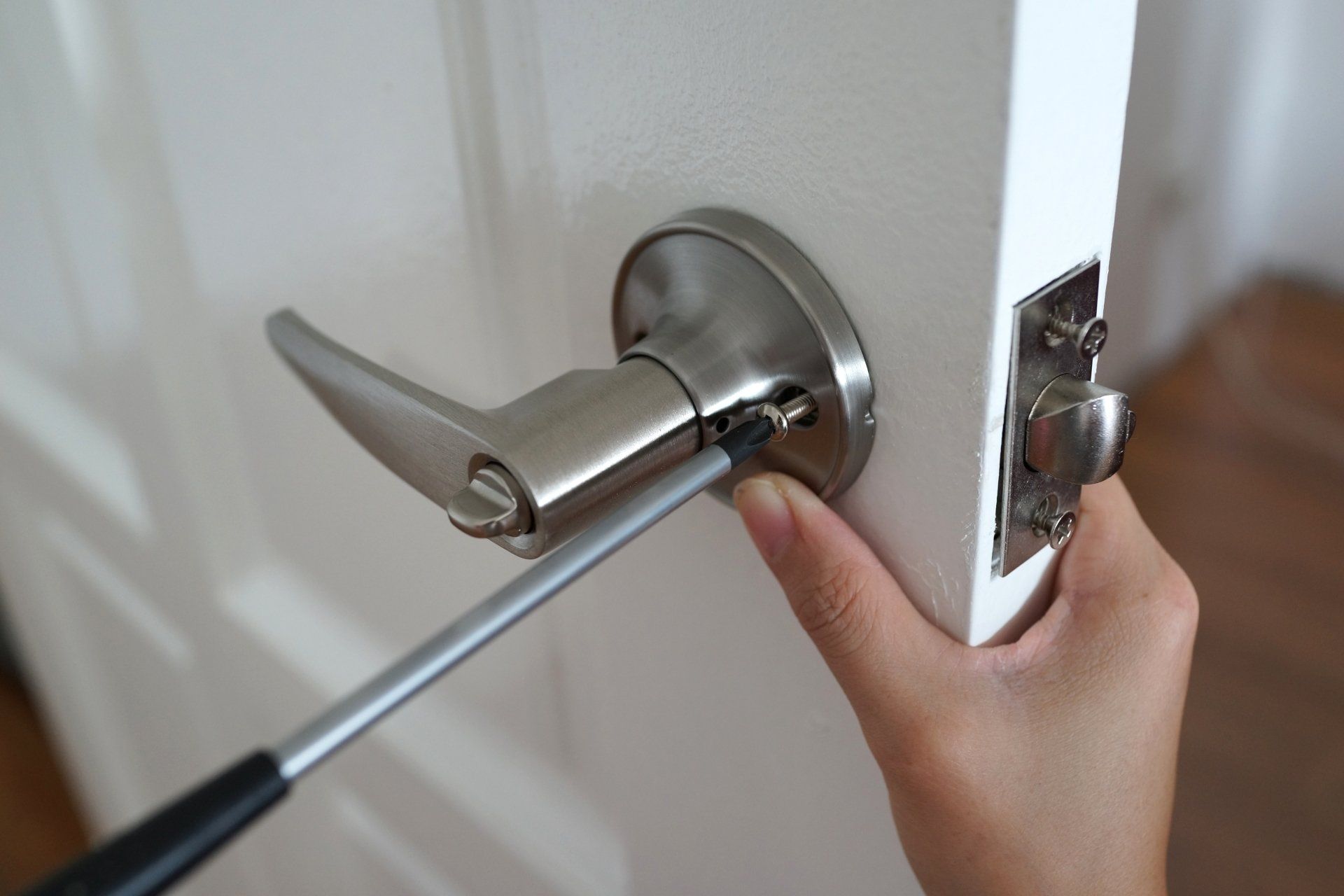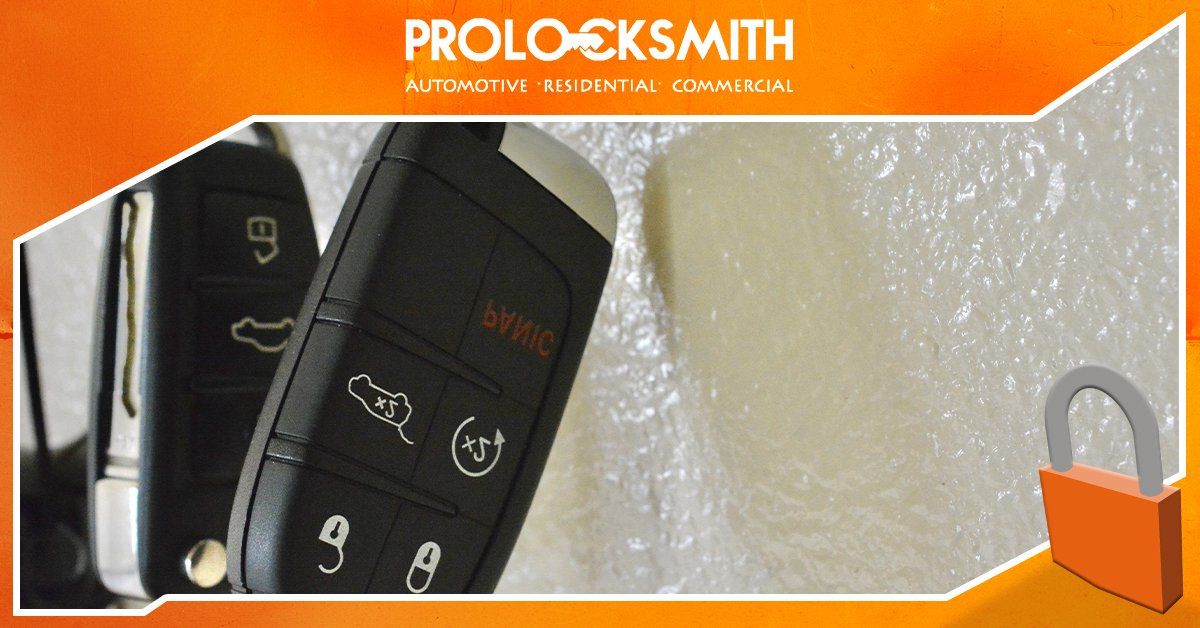Updated 06/13/2024
Ignition Repair: What To Do If My Ignition is Damaged
Ignition repair is a crucial aspect of maintaining a vehicle's performance and ensuring its smooth operation. Ignition problems can lead to difficulties starting the engine, poor fuel efficiency, and even engine misfires. In this article, we will explore the various aspects of ignition repair, including common problems, troubleshooting techniques, and essential maintenance tips.
As well as possible options when you have issues with the ignition, such as car locksmiths, dealers and mechanical aids.
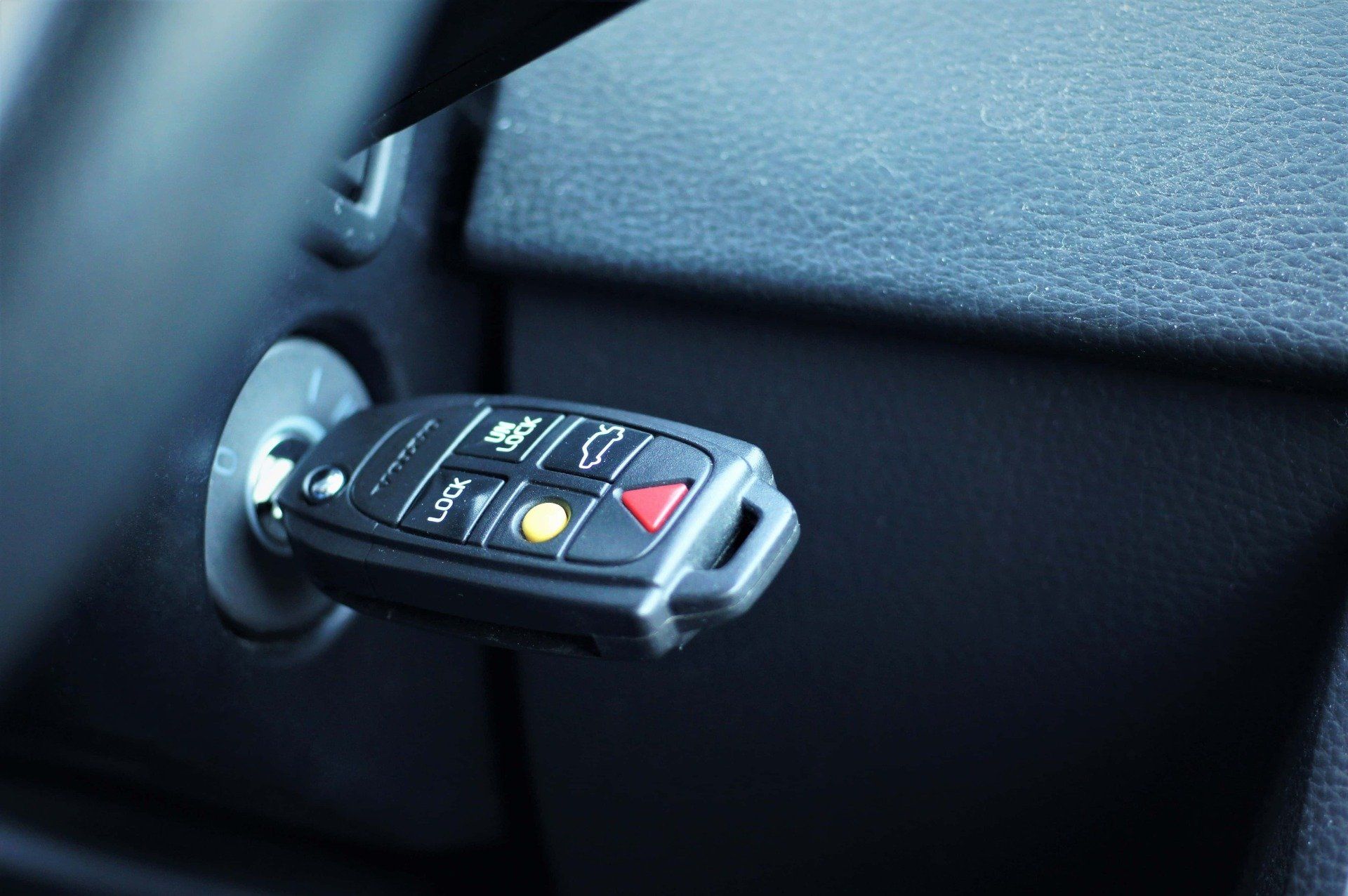
Signs of Ignition Problems
Recognizing the signs of ignition problems is the first step in addressing potential issues. Here are some key indicators that your vehicle's ignition system may require attention:
- Difficulty starting the engine, including a slow cranking sound or no response at all. Key stuck in the ignition.
- Engine misfires or stalling during operation.
- Frequent and sudden loss of power while driving.
- Increased fuel consumption and reduced fuel efficiency.
- Check engine light on the dashboard.
If you notice any of these signs, it's essential to investigate and address the underlying ignition issues promptly.
Understanding Ignition Systems
To effectively troubleshoot and repair ignition problems, it's crucial to have a basic understanding of how ignition systems work. In our 10 years of experience as locksmiths in Orlando this is what we have found out.
There are different types of ignition systems, including conventional, electronic, and distributorless systems. Here's a brief overview of each:
Conventional Ignition System:
- Consists of an ignition coil, distributor, rotor, spark plugs, and high-tension wires.
- Operates using mechanical points to control the timing of the spark.
Electronic Ignition System:
- Replaces mechanical points with an electronic control module (ECM) or ignition control module (ICM).
- Provides more precise control over the ignition timing.
Distributorless Ignition System (DIS):
- Eliminates the need for a distributor by using individual ignition coils for each spark plug.
- Controlled by an engine control unit (ECU) or powertrain control module (PCM).
Understanding the components and operation of your vehicle's ignition system will help you diagnose and address problems effectively.
Common Ignition Problems:
Ignition Switch Issues
One common ignition problem is a faulty ignition switch. The ignition switch controls power to parts like the starter motor and ignition system. Signs of a faulty ignition switch include:
- Difficulty turning the key in the ignition.
- Can't start the engine or intermittent starting issues.
- Loss of power to electrical accessories when the key is turned.
To diagnose and repair ignition switch problems, follow these steps:
1.- Check the battery: Ensure the battery is fully charged and in good condition.
2.- Inspect the ignition switch: Look for signs of damage or wear on the ignition switch.
3.- Test the electrical connections: Ensure all connections are secure and free from corrosion.
4.- Replace the ignition switch if necessary: If the switch is faulty, it may need to be replaced.
Ignition Coil Problems
Another common ignition problem is a failing ignition coil. The ignition coil is responsible for generating the high voltage required to create a spark in the spark plugs. Signs of a failing ignition coil include:
- Engine misfires or rough idle.
- Difficulty starting the engine.
To test and replace a faulty ignition coil, follow these steps:
1.- Locate the ignition coil: Depending on your vehicle, the ignition coil may be located on the engine or near the spark plugs.
2.- Disconnect the electrical connectors: Remove the connectors from the ignition coil.
3.- Test the ignition coil: Use a multimeter to check the resistance and primary/secondary winding of the coil.
Replace the ignition coil if necessary: If the coil fails the tests, it should be replaced with a new one.
DIY Ignition Repair Tips
While some ignition problems may require professional assistance, there are several DIY troubleshooting and maintenance tasks you can perform. Here are some basic tips to help you address common ignition issues:
Basic Troubleshooting:
- Check the battery voltage and connections.
- Inspect the ignition switch for any signs of damage or wear. Also, make sure to check you car keys.
- Test the ignition coil and spark plugs for proper functioning.
- Ensure the fuel system is delivering fuel to the engine correctly.
Ignition System Maintenance:
- Regularly inspect and clean the battery terminals and connections.
- Replace worn-out spark plugs at the recommended intervals.
- Check and replace faulty ignition wires or high-tension leads.
- Keep the ignition system components free from dirt and debris.
Performing these maintenance tasks can help prevent ignition problems and ensure the optimal performance of your vehicle's ignition system.
Can a Locksmith Repair An Ignition?
Some ignition problems can be fixed by DIY troubleshooting, but others need a professional auto locksmith's help. Here's why seeking professional assistance for ignition repair is important:
- Experience and Expertise: Certified technicians have the knowledge and experience to diagnose and repair complex ignition system issues accurately. They also carry the necessary equipment to provide an ignition replacement on site. Locksmith services have special tools and equipment for diagnosing and fixing ignition systems.
- Warranty and Guarantees: Reputable repair services often provide warranties or guarantees on their work, giving you peace of mind.
When choosing a professional ignition repair service, consider the following factors:
- Reputation and Reviews: Look for service providers with positive customer reviews and a good reputation in the industry.
- Certifications and Training: Ensure the technicians are certified and receive regular training to stay updated with the latest ignition system technologies.
- Transparent Pricing: Request a detailed estimate of the repair costs and inquire about any additional charges or fees.
Answering Your Key Questions
Conclusion
In conclusion, ignition repair or replacement plays a vital role in maintaining the performance and reliability of your vehicle.
By recognizing the signs of ignition problems, understanding the components of the ignition system, and following proper maintenance practices, you can address common issues and ensure the optimal functioning of your vehicle's ignition system.
Whether you fix it yourself or get help, fixing your ignition promptly is important for a smooth driving experience. Call Prolocksmith Orlando, your trustworthy professional locksmiths that can help you with an ignition switch replacement or a car key replacement.
